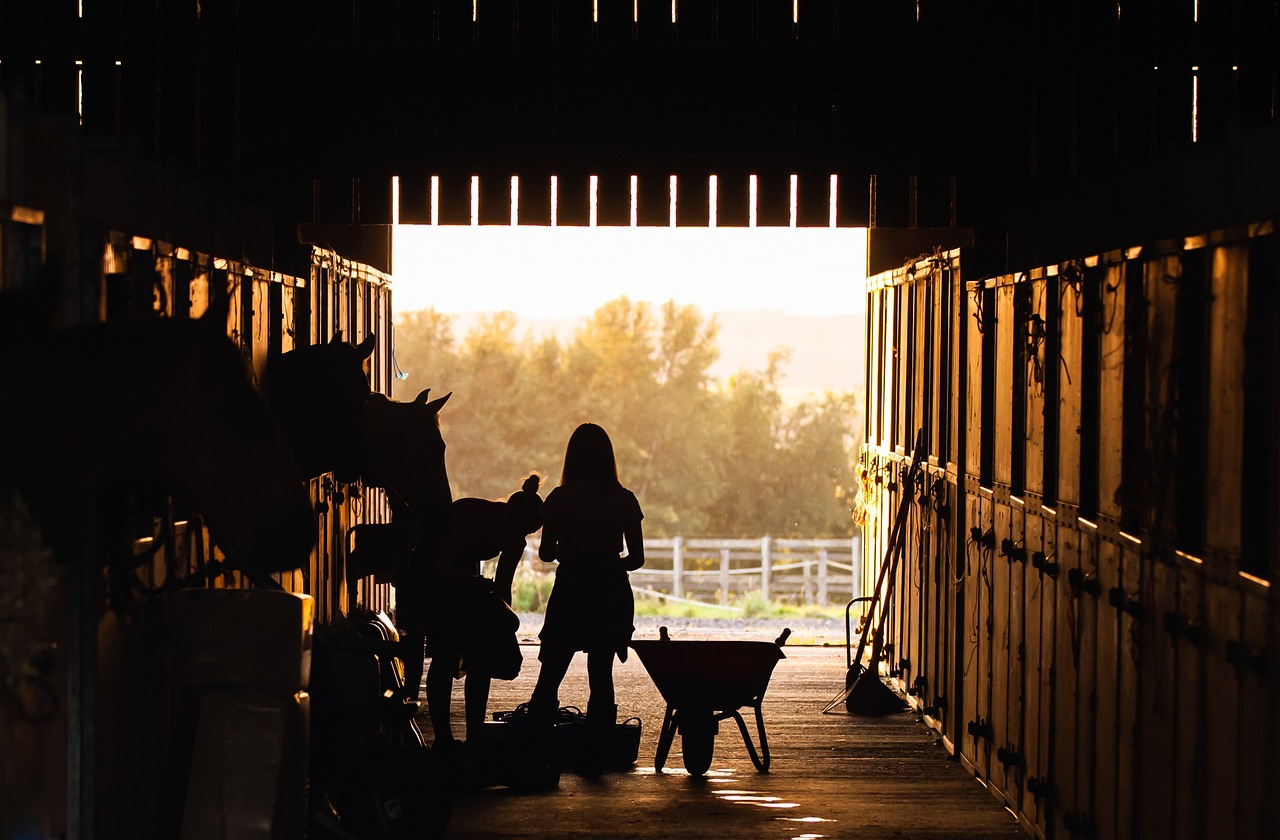
By the EIE Editorial Staff
Owning a horse is undeniably rewarding, but it can also be expensive. Here are some strategies to help manage rising costs.
Reassess Your Setup
- Boarding: How much are you paying for board? Are you at a fancy show barn but no longer need all the services they offer? You may consider less expensive options like pasture boarding or self-boarding if possible. Also, there are places where you can work off some or all of your board. Sweeping and mucking is great exercise too!
- Equipment: Do you truly need all of your equipment? Do you sometimes feel like you can open your own tack shop? Selling unused items can help! Ask people in the barn if they need any tack, blankets or apparel you no longer need. Post items on Facebook marketplace and groups and other social media platforms. It’s also a great way to declutter and put some money in your pocket!
- Horse’s Needs: Assess your horse's dietary and healthcare requirements. Sometimes, adjustments can save money. For example, if there are times in the year where your horse is less active, perhaps costly supplements can be amended but please, check with your veterinarian!
Cost-Cutting Measures
- Bulk Buying: Shop around and regularly evaluate how you purchase hay, feed and bedding. It is easy to stay with one supplier but perhaps there are other options to explore. Reach out to others who may share ideas for options and a great question to ask on local Facebook groups. We find that other barn owners really want to help each other save money!
- DIY: Consider learning to do some tasks yourself, like braiding or clipping. This not only save you money but gives you a bonding opportunity. One racehorse trainer would braid his horses’ manes before races and call it his, “moments of Zen with the horse.”
- Shared Costs: Pool resources with other horse owners for veterinarian or farrier visits. A farm visit can be expensive so it is best to share the cost. We know the importance of a good veterinarian and farrier and they will also appreciate combining a farm visit to serve multiple horses as well.
- Creative Income: How about a side hustle? You can offer services like horse sitting, grooming, clipping, braiding, tack cleaning or teaching lessons to offset costs. Can you think of other ideas?
Financial Planning
- Budgeting: Try to create a detailed budget for your horse's care and stick to it. We know that going to a show or event will cost extra money so budget for it and try not to exceed that budget.
- Emergency Fund: Do your best to set aside money for unexpected vet bills or other emergencies. Unfortunately, we know as horse owners that unforeseen things can happen.
- Insurance: Consider equine insurance to protect against significant financial losses. We highly recommend this as a procedure such as colic surgery is extremely costly.
Rethinking Horse Ownership
- Leasing: Instead of owning a horse, you may consider leasing which reduces upfront costs. Have someone experienced review any contract regarding this arrangement but it may be a way to enjoy a horse without requiring a long-term commitment or obligation.
- Part-Ownership: You can share the costs and responsibilities with another horse lover, however the specifics of these arrangements should be clear in advance to avoid any conflicts.
- Reducing Riding Frequency: If possible, reduce the frequency of riding to lower overall expenses. So, if you want to ride every week but can only budget it twice a month, then that may be a better option for you.
Remember, the goal is to find a balance between enjoying your horse and managing costs effectively. It might require some adjustments, but with careful planning, you can continue to enjoy your equine companion.
You can find more interesting stories in our section on Recreation & Lifestyle.












